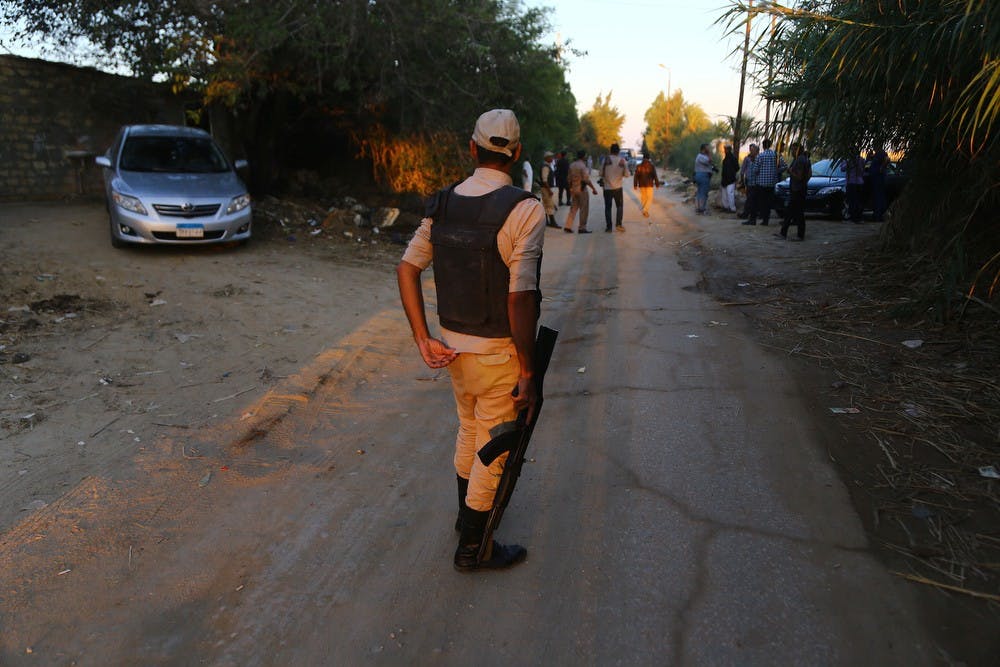When Metrojet Flight 9268 crashed in the Egyptian desert Saturday, affiliates of the Islamic State immediately claimed responsibility for the disaster. Russian aviation officials initially disputed this claim, but the prospect of the plane being brought down through an act of terror has become more likely in recent days. Both American and British officials now believe a bomb may have exploded as the plane ascended, and all flights from the United Kingdom to the Egyptian city of Sharm el-Sheikh have been suspended.
If ISIS is indeed responsible for this tragedy, the U.S. and other Western nations united in the fight against ISIS must take notice. ISIS claims to have targeted the Russian airplane because of Russia’s military incursions to fight ISIS; if this is the case, the U.S. and its allies are surely the next targets of the terror organization.
Alarming as the rapid rise of ISIS has been, its means and motives have differed from terror organizations such as al-Qaeda thus far. While Osama bin Laden and his affiliates fought as an insurgency, ISIS has appeared more concerned with establishing a caliphate and fighting off regional opponents over the last two years. Indeed, ISIS had to date never demonstrated the same international reach as al-Qaeda. It has relied on inspiring lone wolves to carry out attacks, such as those seen in Australia and the UK, rather than establishing the advanced terror networks abroad (as al-Qaeda did in the U.S. before Sept. 11).
Yet the downing of Metrojet Flight 9268 would represent a new, dangerous chapter in the history of ISIS. The caliphate has always asserted that it intends to bring its fight to the West once it has established a nation state in Syria and Iraq, but the terror organization has not appeared capable of conducting a major terror attack outside its sphere of influence. If ISIS is indeed responsible for crashing this aircraft, it has shown the world that it is just as malicious and perhaps equally capable, as al-Qaeda.
Sending a ground force to fight ISIS remains controversial in the U.S., especially given that the terror organization has not pose an immediate, credible threat to the American homeland. But for as long as ISIS operates unimpeded in Syria and Iraq, its ability to orchestrate a significant act of terror outside its borders only increases. ISIS has made its intentions perfectly clear. Now the U.S. must continue to increase its aerial and ground forces in Syria, so ISIS cannot act upon its devious desires.
Reach the columnist at clmurph5@asu.edu or follow @ConnorLMurphy on Twitter.
Editor’s note: The opinions presented in this column are the author’s and do not imply any endorsement from The State Press or its editors.
Want to join the conversation? Send an email to opiniondesk.statepress@gmail.com. Keep letters under 300 words and be sure to include your university affiliation. Anonymity will not be granted.
Like The State Press on Facebook and follow @statepress on Twitter.




